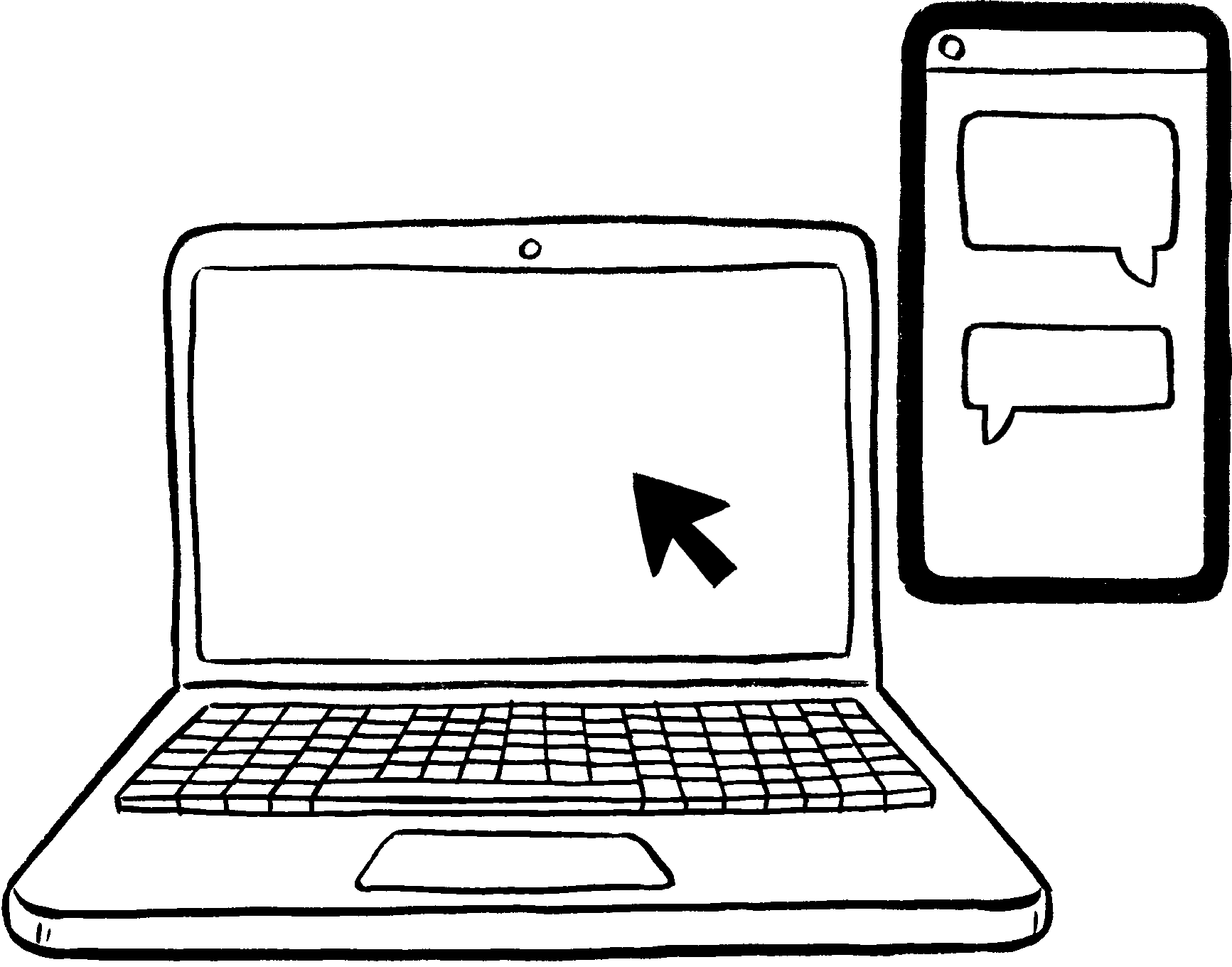Taking out a mortgage and other start-up costs
Unless you are fortunate enough to own your rental property outright, you will have to take out a buy-to-let mortgage. The majority of lenders will require a 25 percent deposit, which means you’ll need to put up a fairly large amount of cash. For many prospective landlords, this is a big ask. Many lenders also require an interest ratio cover of at least 125 percent, meaning rent collected needs to exceed mortgage payments by at least this amount.
It’s common to encounter several fees when beginning a new buy-to-let mortgage, including the lender arrangement fee, which often runs between £1000 to £1500. Other initial charges include broker fees, application and booking fees, valuation fees, and more. These can certainly add up, so it is wise to evaluate these costs when considering taking out a new buy-to-let mortgage. Finally, many types of buy-to-let mortgages will require proof that landlord insurance is in place before approving the deal. Be sure to enquire with your lender about these specifics before embarking upon your buy-to-let mortgage.
You might also encounter other one-time costs at the beginning of a tenancy or when first becoming a landlord. Finding a tenant can be an arduous process that includes advertising the property, holding frequent viewings, conducting credit and reference checks, and drawing up the tenancy agreement. You can keep these costs down by performing them yourself at the expense of your time and energy. Or you can use the services of a letting agent, which will take care of nearly all of these administrative tasks; the downside being fees usually taken from the monthly rent.
Regular costs
When it comes to ongoing costs, the list can go on and on. But there are several types of costs nearly all landlords will encounter throughout the course of a tenancy.
Property maintenance and repairs.
Through regular property inspections, ideally performed three or four times a year, and through regular communication with your tenants, you should become aware of any property issues that affect your tenants’ health and safety or their ability to live comfortably. These costs can certainly add up—it’s estimated the typical landlord will pay around £750-£1000 per year in maintenance and repairs. But these tasks are essential in making sure you are complying with the law and your responsibilities as a landlord.
Redecorating and refurbishing.
Typically after a tenant moves out, the property will need to be painted and cleaned. You should also be doing major refurbishing and redecoration every three years or so. Paint costs, hiring workers, and cleaning fees should be factored in to your cost analysis.
Taxes.
You’ll have to pay taxes on profits made from rental income. While you can deduct maintenance and repair costs, insurance, letting and accounting agents’ fees, the government’s property allowance, and the like, you will still likely have taxes due every year on your profits.
Legal fees.
Drawing up contracts and, in the worst case, handling a tenant dispute in a court tribunal, may require the services of a solicitor. Unless you are using a letting agent to handle some of these issues, these legal fees will have to come out of your potential profits.
Insurance.
As previously stated, you may need to prove that landlord insurance is in place before you are able to secure a buy-to-let mortgage. Even if you don’t, landlord insurance is a way to protect your valuable investments and to mitigate risk in times when you cannot find tenants. The cost per month will depend on the type of coverage and the specifics of your property.
Agency fees.
Using the services of a letting agency can help ease the stress and reduce the labour required for many aspects of being a landlord. Letting agencies often will conduct everything from tenancy acquisition, credit and reference checks, and rent collection to performing inspections, contracting maintenance and repair workers, and handling tenant disputes. While this can be invaluable, the trade-off is a portion of the monthly rent, usually in the range of 10 to 20 percent.
As the complexities of your finances increase with multiple properties, you might also consider hiring the services of an accountant to ensure you are operating within the law and to reduce your tax burden. Finding accountants and letting agents that are the right fit for you can be a difficult task, one that varies greatly depending on your needs. Fortunately, the Sharehouse trust partnership network has many trusted resources that can help you in these tasks. Explore the network to find out how Sharehouse can connect you to the right agency.
Becoming a landlord carries many expenses, you will ideally take in more than you spend in the end. Understanding the different sources of costs will help you get a better handle on what you should be charging for rent and where you need to focus on reducing expenses. Stick with Sharehouse for all the latest best practices.










